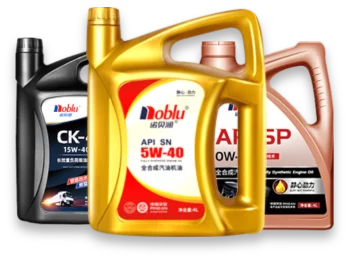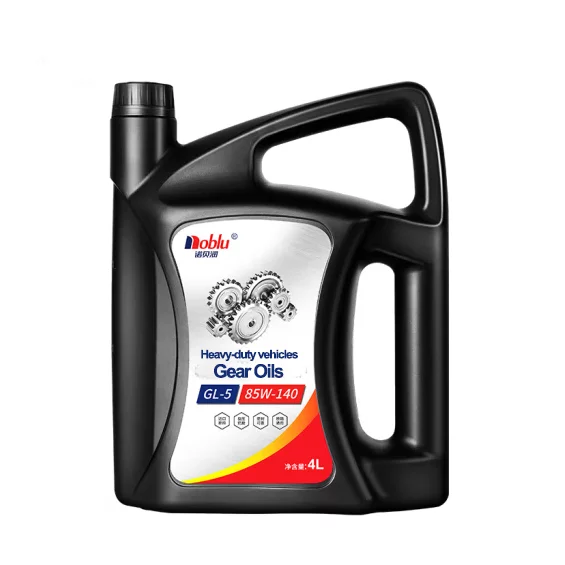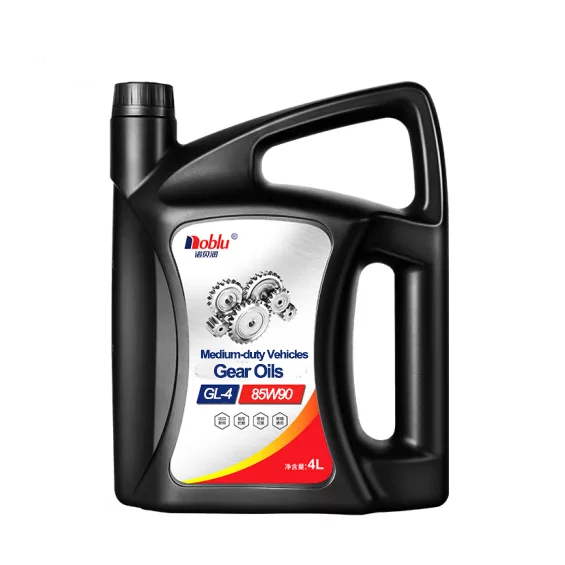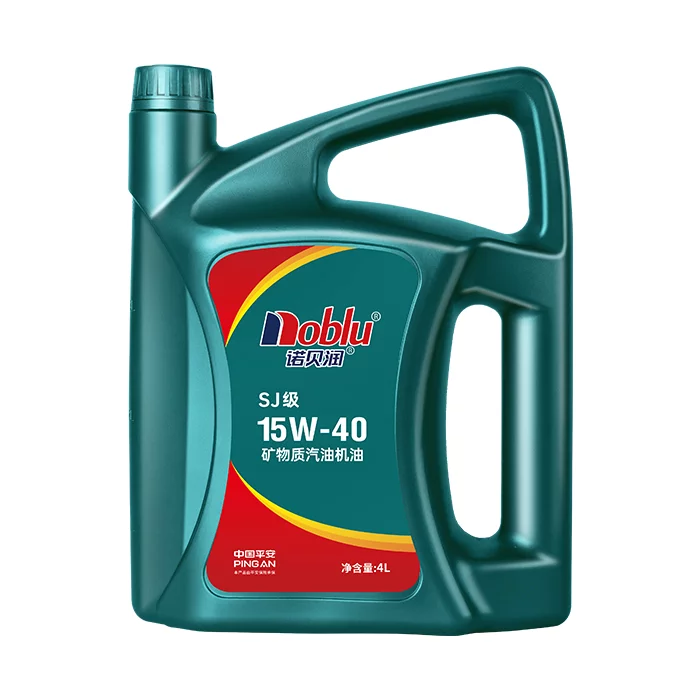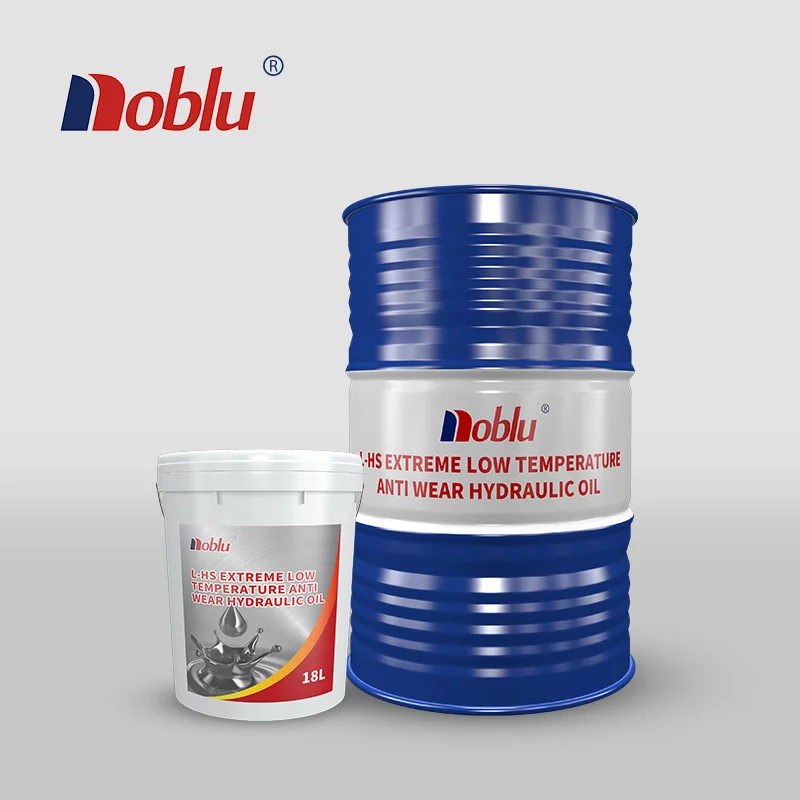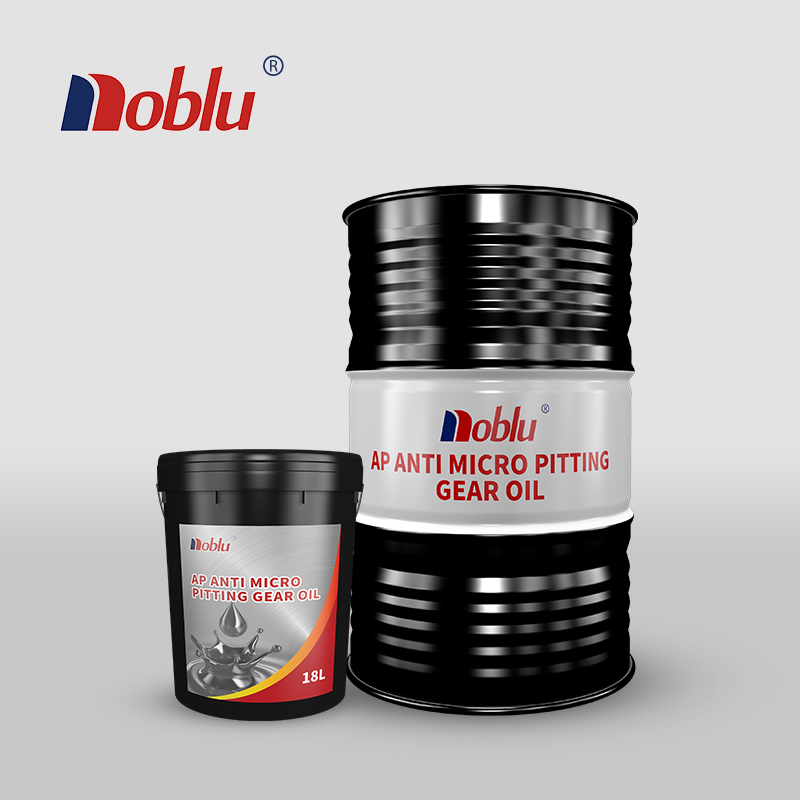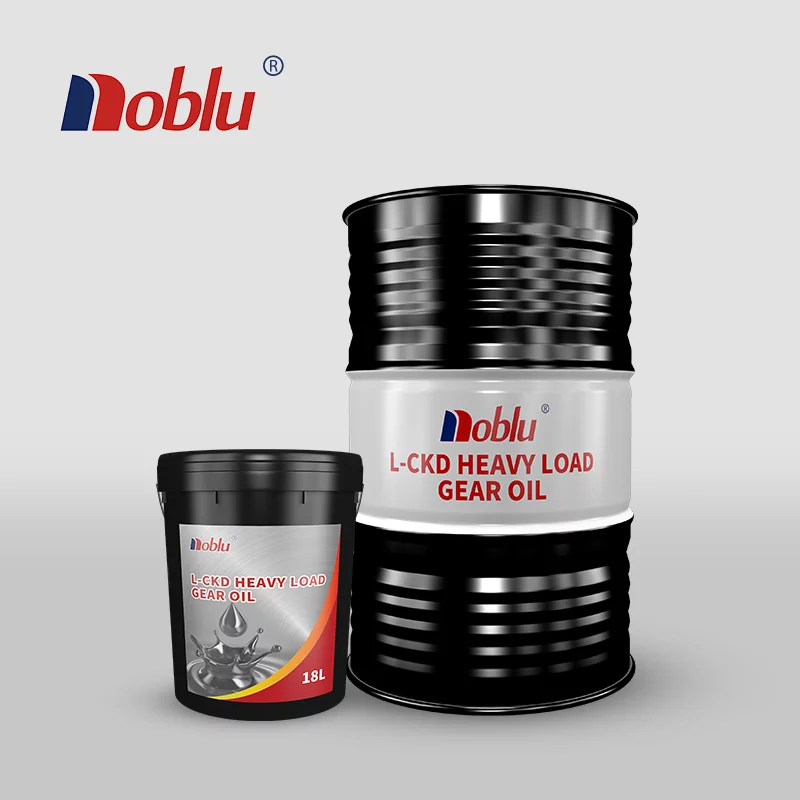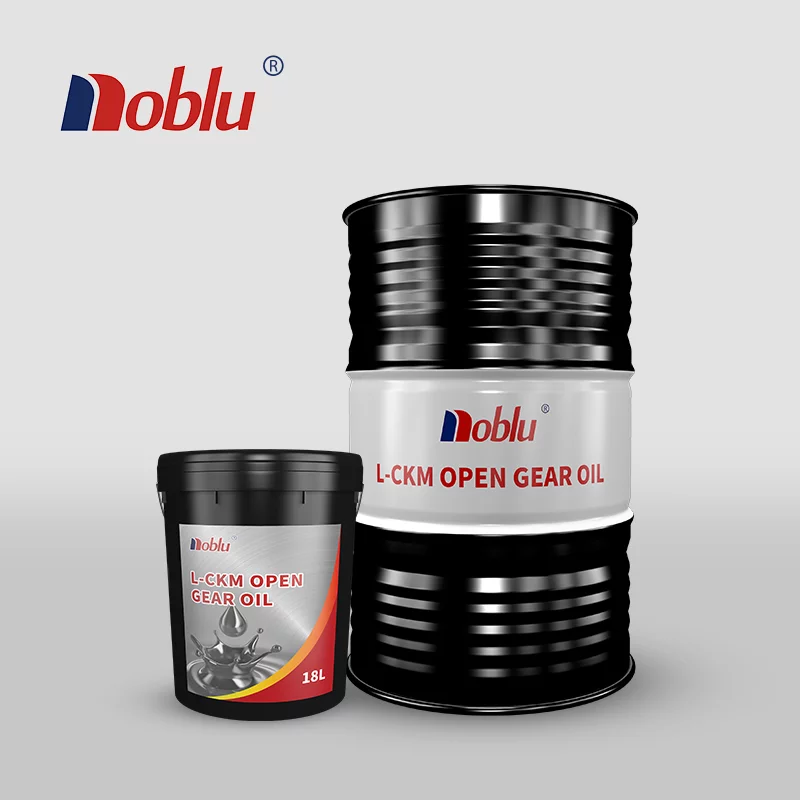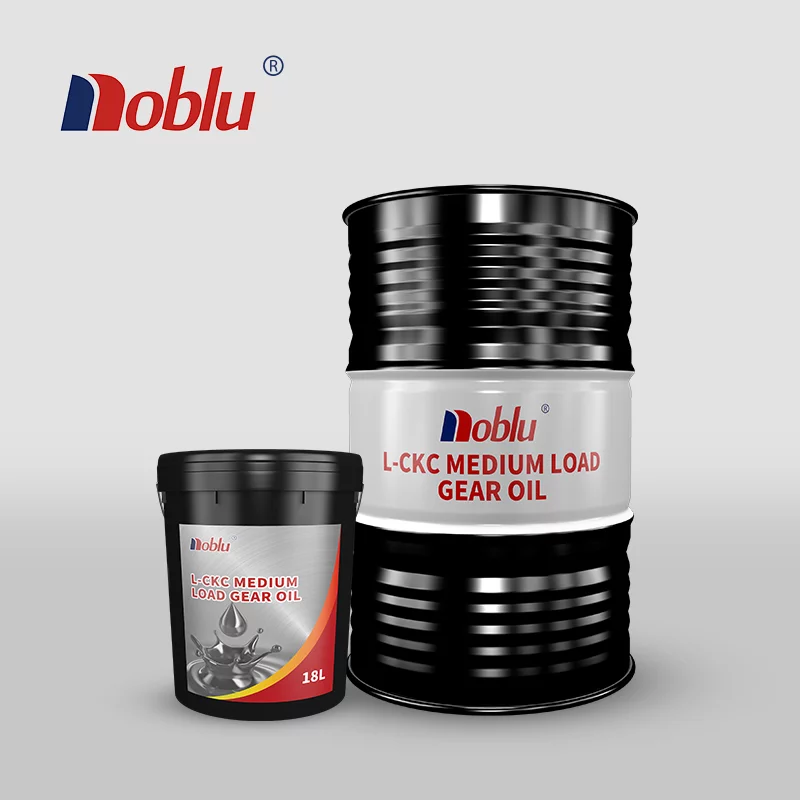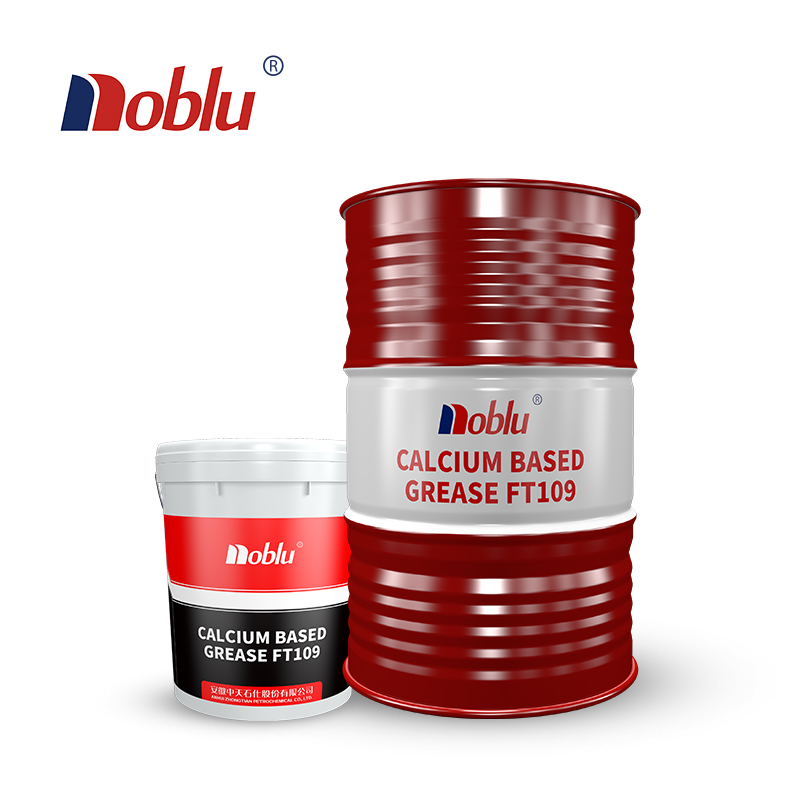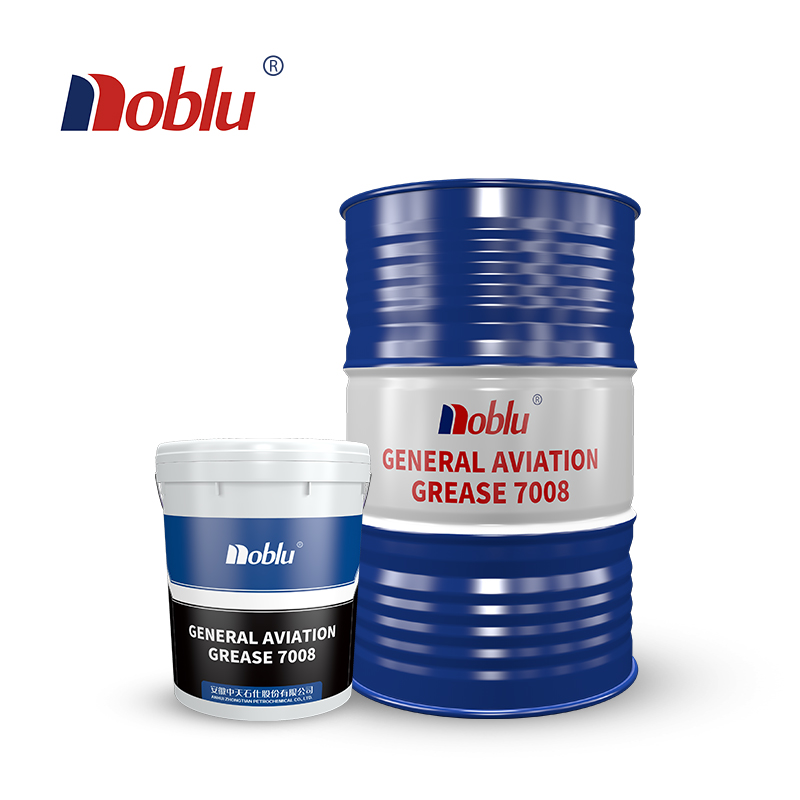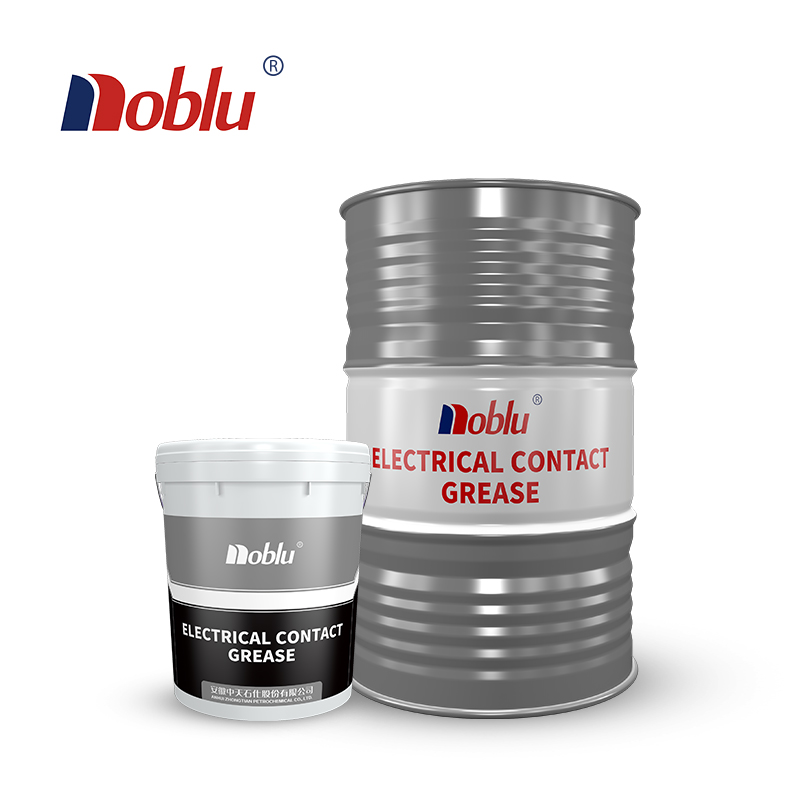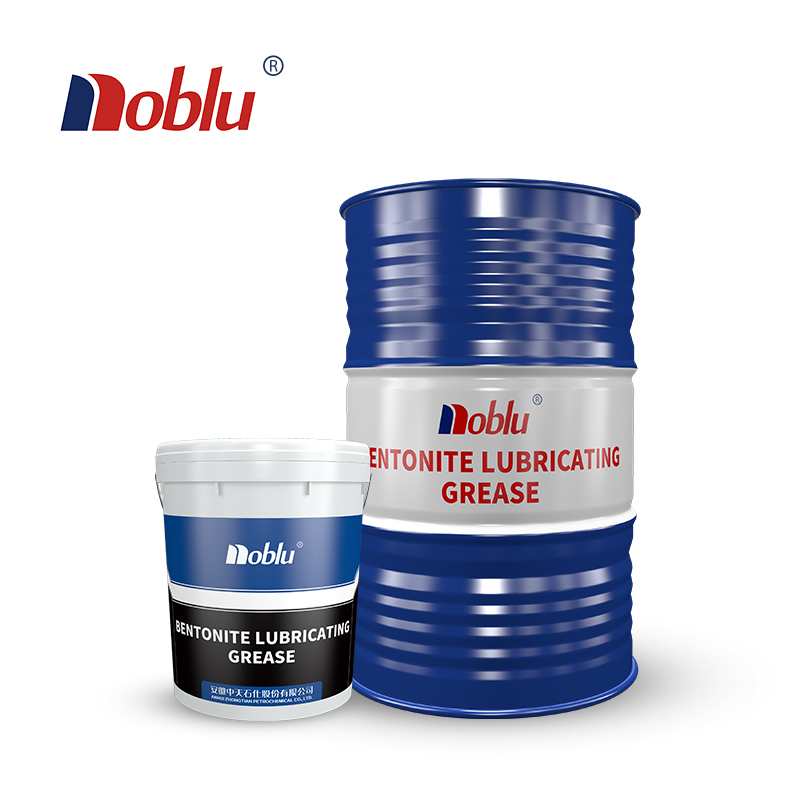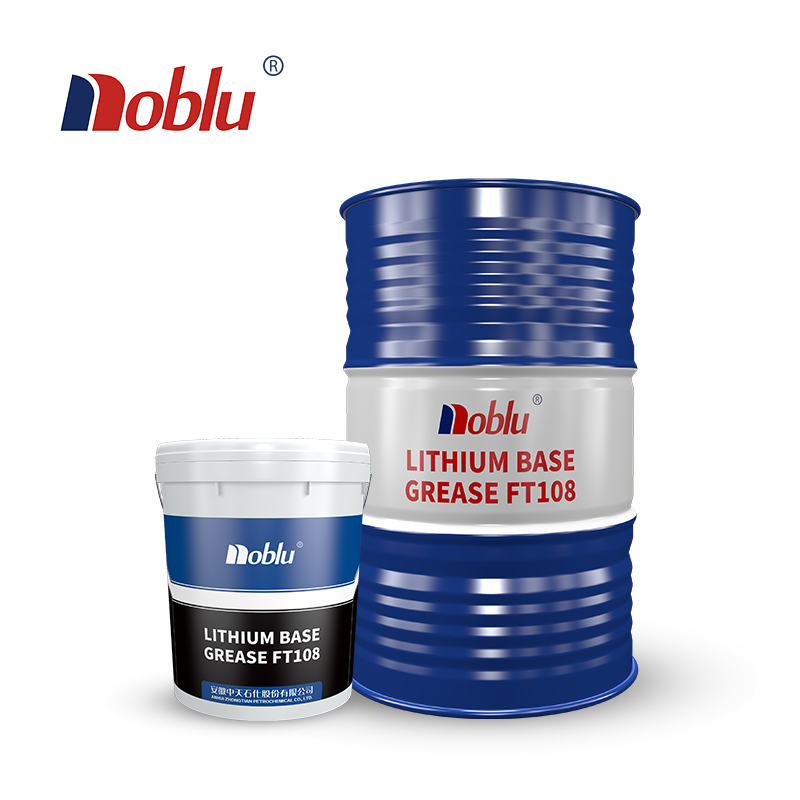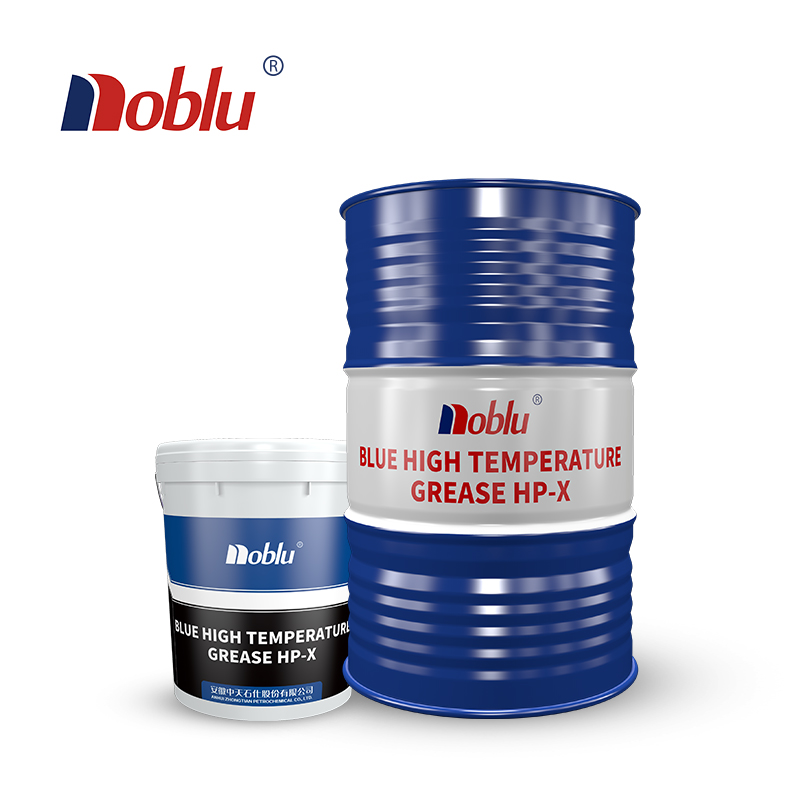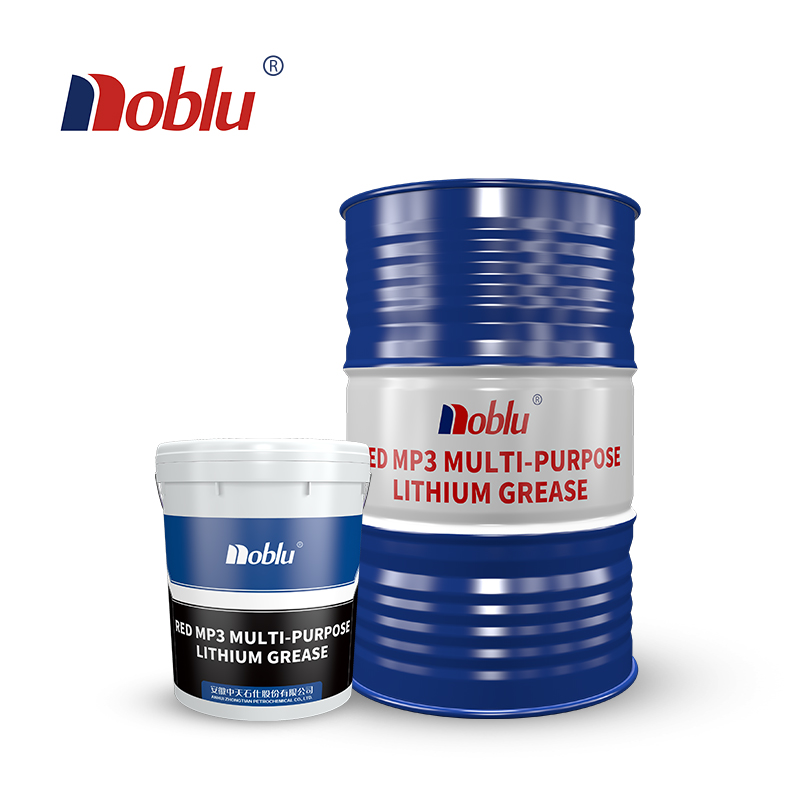Introduction
Automotive lubricants are vital fluids that play a critical role in the protection, efficiency, and longevity of vehicles. They reduce friction, dissipate heat, and prevent wear, ensuring that components function smoothly and reliably. Understanding the types, functions, and proper use of automotive lubricants is essential for vehicle owners and technicians alike.
Types of Automotive Lubricants
There are several types of automotive lubricants, each designed for specific applications:
Engine Oil: Lubricates engine components, reducing friction and wear, and preventing overheating.
Transmission Fluid: Transmits power from the engine to the wheels, providing lubrication and protecting against wear.
Brake Fluid: Hydraulically operates brake components, ensuring effective braking and preventing corrosion.
Power Steering Fluid: Facilitates steering by reducing friction in the power steering system.
Gear Oil: Lubricates gears, bearings, and other mechanical parts, protecting against wear and reducing noise.
Coolant: Prevents overheating by absorbing and dissipating heat from the engine and cooling system.
Functions of Automotive Lubricants
Automotive lubricants perform numerous essential functions, including:
Reducing friction: Lubricants create a thin film between moving surfaces, reducing friction and wear.
Dissipating heat: Lubricants absorb and dissipate heat generated by friction and mechanical processes.
Preventing corrosion: Lubricants protect metal surfaces from moisture and oxygen, preventing rust and corrosion.
Cleaning and dispersing contaminants: Lubricants carry away dirt, metal particles, and other contaminants, preventing them from accumulating and causing damage.
Proper Lubricant Selection and Use
Selecting the correct lubricant for a particular application is crucial. Factors to consider include:
Vehicle manufacturer’s recommendations
Viscosity (thickness)
Service conditions
Driving style
It is important to adhere to recommended maintenance schedules for lubricant changes to ensure optimal performance and vehicle longevity.
Benefits of Using Quality Automotive Lubricants
Using quality automotive lubricants offers numerous benefits:
Reduced operating costs: Lubricants prevent wear and damage, reducing the need for costly repairs.
Improved fuel efficiency: Lubricants reduce friction, allowing engines to operate more efficiently and consume less fuel.
Enhanced performance: Lubricants ensure smooth operation of components, improving acceleration, handling, and braking.
Extended vehicle life: Lubricants protect vital components from premature wear, extending vehicle lifespan.
Conclusion
Automotive lubricants play a vital role in the performance, protection, and longevity of vehicles. Understanding the types, functions, and proper use of lubricants is essential for ensuring trouble-free operation and maximizing vehicle value. By selecting high-quality lubricants and adhering to recommended maintenance schedules, vehicle owners can ensure optimal performance and enjoy a long and reliable driving experience.

